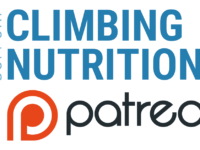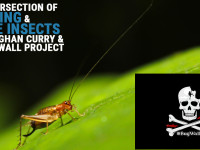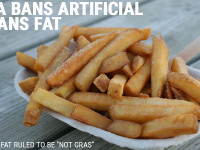The state of science changes all the time. Usually, it advances in small steps. Occasionally, by greater bounds. Regardless of the pace of change, it goes without saying that some of the things we know now will have been dismissed completely or evolved in depth 50 years from now.
Dave Sackett (one of the early pioneers of evidence-based medicine) put the problem thus:
Half of what you’ll learn in medical school will be shown to be either dead wrong or out of date within five years of your graduation; the trouble is that nobody can tell you which half—so the most important thing to learn is how to learn on your own.
The same can be said about nutrition, or even science in general. Progress involves learning (and accepting) that we were wrong and that we will continue to be wrong from time to time. When we cease to accept the possibility we could be wrong, we enter the realm of pseudoscience, which at its heart is the failure to accept new evidence that runs contrary to your old beliefs.
I’ve been wrong in the past. I’ve gone down roads that led nowhere and had to walk back. When I first got into nutrition, I was enamored with parts of it that were decidedly not evidence-based, and I lacked the skeptical and scientific acumen to challenge myself. Through years of education and practice, I’ve developed a sturdier mind more capable of distinguishing truth from fiction and holding itself accountable—but that doesn’t mean I won’t ever be wrong again. Far from it, I expect I will be.
What it does mean, though, is that when I am wrong in the future I will be honest and vocal about it; I won’t pretend that I am without flaw. And more importantly, I’ll change how I advise to reflect the new knowledge.
I don’t write anything I don’t have good reason to believe is true (based on scientific research) and that will never change. The state of the science will change, however; tomorrow, we might discover something that upturns what I’ve written about protein, or beta-alanine, or salt. If and when that happens, I will change my views, even though it means admitting I was mistaken. And I will furthermore publically post a correction so everyone knows I’ve changed my mind based on newer information.
So that is my promise to you: to never put my ego above your needs. I am here for you, to educate you, to help you be the absolute best climber you can be through nutrition—to do such, I must be able to admit when I am wrong and change course.














